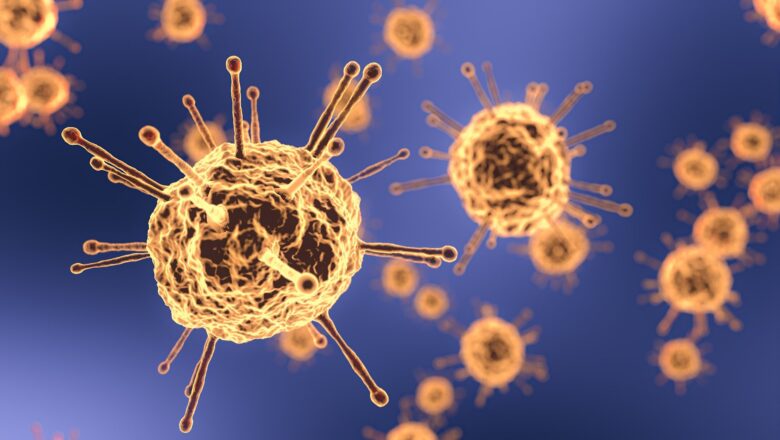
Slowing Aging and Healthy Aging
Aging is a natural process and brings various changes in our body. However, with healthy lifestyle choices and conscious steps, we can positively influence the aging process. Here are practical suggestions slowing aging and live a healthy life:
Healthy Eating Habits
A healthy diet positively affects the aging process. A diet that includes foods rich in antioxidants, vitamins and minerals can reduce cellular damage. Vegetables, fruits, whole grains, healthy fats and protein sources play an important role in this regard.
Regular Exercise
Physical activity prevents muscle loss that comes with old age. It supports bone health and may improve overall health. Aim for at least 150 minutes of moderate exercise or 75 minutes of intense exercise per week. You can resist the physical...

